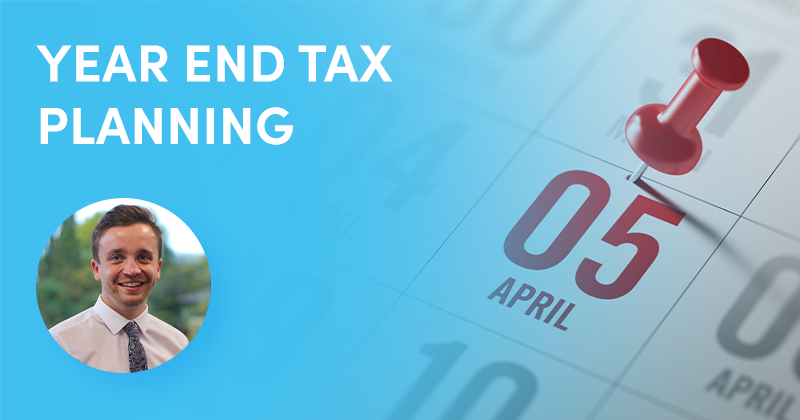
We are now within the final two months of the tax year, and for many businesses, the end of the tax year is also the end of the business’s financial year. This can be a great time to review your business tax planning to ensure that you minimise tax.
Assessing profit extraction methods
Particularly for limited companies, profit extraction methods can be a key part of tax planning. Whether it involves salaries, bonuses, dividends, or a combination of these, choosing the right strategy can significantly impact tax liabilities.
Optimising the method and timing of when you extract profits is vital for business tax planning and mitigating tax.
Dividends
Dividends are a fundamental part of the way any company distributes profit. This is particularly common for owner managed companies where dividends are often a substantial element of owner’s remuneration package.
As the tax year concludes, it is important to check the timing of your dividend payments. For instance, have you earned more this year than you expected? Might another dividend payment push you into higher rate tax? If so, deferring a dividend may help you.
By aligning dividend payments with tax thresholds and allowances, you may be able to reduce your tax exposure.
Capital allowances
Capital allowances are a tax relief available on many types of capital expenditure. Bringing forward or delaying the purchase of capital items, for example IT equipment or new machinery, can help you to maximise the allowances available.
For companies whose profit level means they pay at the marginal relief rate, optimising capital allowance claims can also help to reduce the tax rate that a company would otherwise pay.
Using capital allowances effectively can not only reduce tax liabilities but also help to fund vital investment in business assets.
Bringing your accounting records up-to-date
The benefit to businesses of having up-to-date accounting records is often undervalued. Whether it’s a cloud accounting software or a traditional accounting system that is used, having access to real-time information allows businesses to make well informed decisions faster and respond to the ever-changing market.
In conclusion, tax planning as the tax year-end approaches is an important part of utilising the tax incentives available to you and minimising tax liabilities while staying compliant with tax laws. Bringing your accounting records up-to-date is vital ensure the best possible decisions are made for your business.
For more information, please contact Sam Briggs or a member of the A C Mole team.
Sam Briggs is a Manager at A C Mole and part of the Business Services Team. Sam can be contacted at our Taunton office or by email at sbriggs@acmole.co.uk


